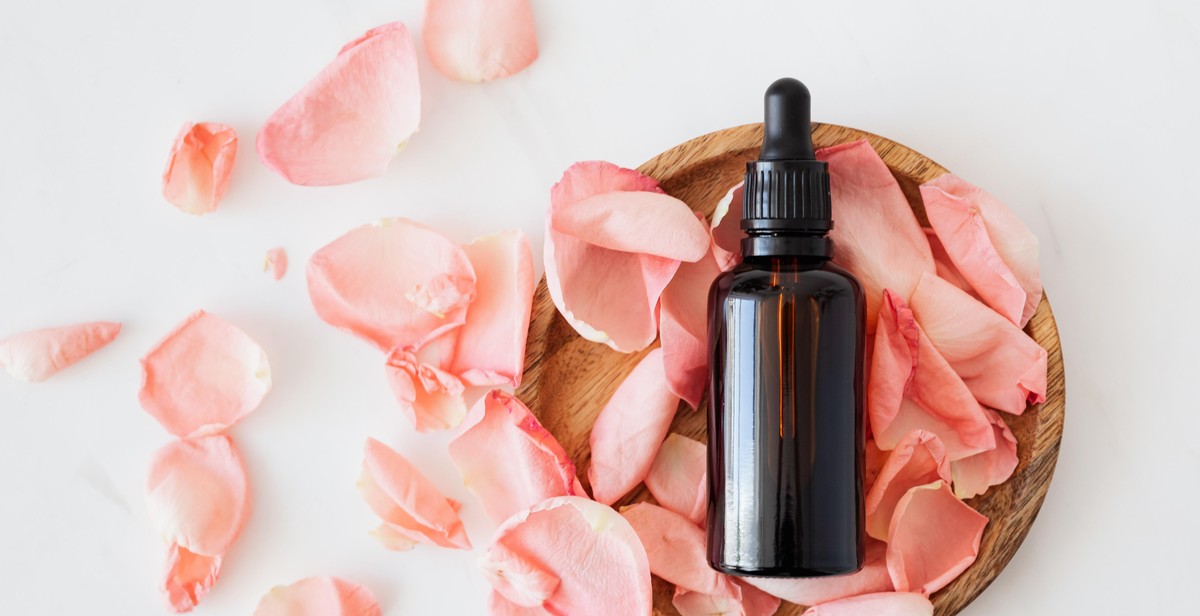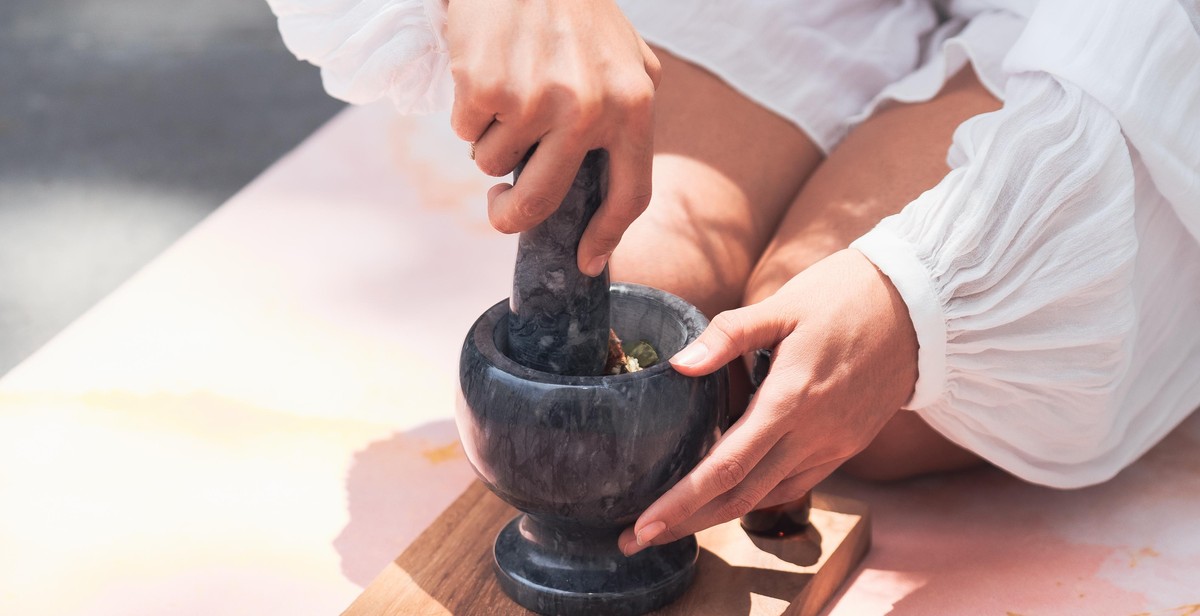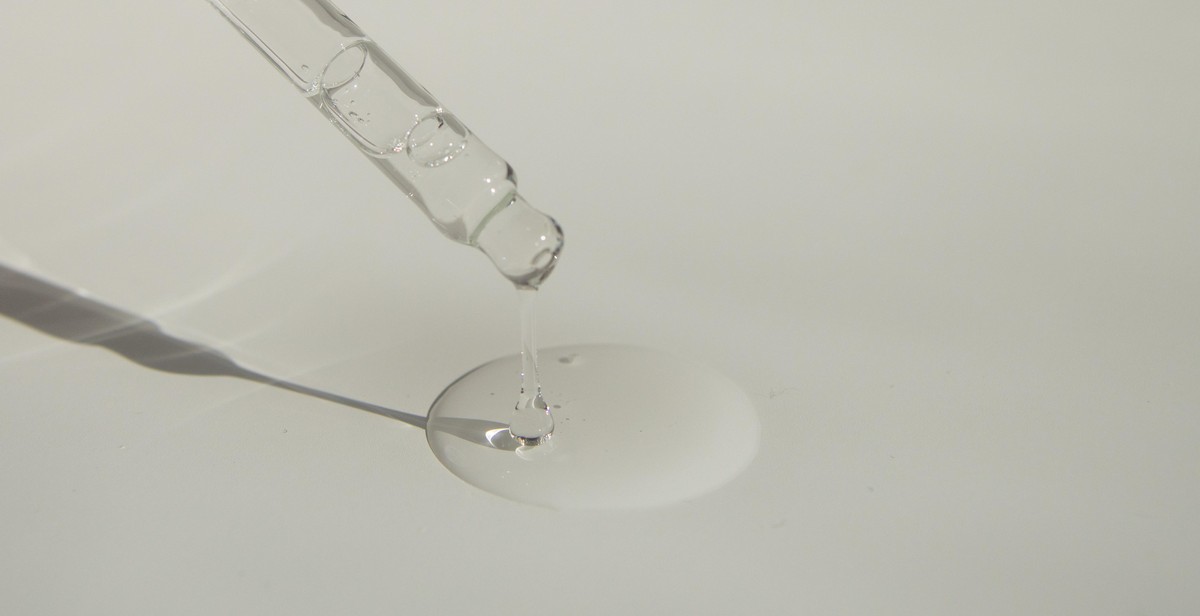Different Ways to Use Essential Oils During Meditation
Essential oils have been used for centuries for their therapeutic properties. They are extracted from plants and contain the essence of the plant’s fragrance and flavor. Essential oils are versatile and can be used in various ways, including during meditation. Meditation is a practice that has been used for thousands of years to promote relaxation, reduce stress, and improve overall well-being. Combining essential oils with meditation can enhance the experience and provide additional benefits.
Using Essential Oils for Aromatherapy
The most common way to use essential oils during meditation is through aromatherapy. Aromatherapy involves inhaling the scent of essential oils, which can have a calming and soothing effect on the mind and body. Essential oils can be diffused in a room using a diffuser, added to a bath, or applied to a cotton ball or tissue and placed near the nose.
Applying Essential Oils Topically
Another way to use essential oils during meditation is by applying them topically. Essential oils can be diluted with a carrier oil, such as coconut oil or jojoba oil, and applied to the skin. This can provide a grounding and calming effect, especially when applied to the pulse points or the soles of the feet.
Using Essential Oils in a Meditation Blend
Essential oils can also be blended together to create a meditation blend. This blend can be diffused, applied topically, or added to a bath. Some popular essential oils for meditation include lavender, frankincense, ylang-ylang, and sandalwood.
Conclusion
Using essential oils during meditation can enhance the experience and provide additional benefits. Whether you choose to use them through aromatherapy, topically, or in a meditation blend, essential oils can help promote relaxation, reduce stress, and improve overall well-being.

What are essential oils?
Essential oils are highly concentrated plant extracts that are distilled from leaves, flowers, stems, and other parts of plants. They are called “essential” because they contain the essence of the plant’s fragrance and flavor. Essential oils are used for their therapeutic properties and are commonly used in aromatherapy, which is the practice of using plant oils for physical and emotional wellness.
How are essential oils made?
Essential oils are made through a process of distillation or cold pressing. Distillation is the most common method of extracting essential oils from plants. It involves steaming the plant material until the essential oil is released and then collecting the oil in a separate container. Cold pressing is used for citrus oils and involves pressing the fruit rind to release the oil.
Essential oils are highly concentrated and should be used with caution. They should be diluted with a carrier oil before use and should never be ingested. Essential oils can be used in a variety of ways, including aromatherapy, topical application, and inhalation. When used properly, essential oils can provide a range of benefits for the mind and body.

Benefits of using essential oils during meditation
Essential oils have been used for centuries for their therapeutic benefits. When used during meditation, they can enhance the experience and provide numerous benefits such as relaxation and stress relief, improved focus and concentration, and enhanced spiritual experience.
Relaxation and stress relief
One of the primary benefits of using essential oils during meditation is relaxation and stress relief. Certain oils such as lavender, chamomile, and ylang-ylang have calming properties that can help reduce stress and anxiety. The aroma of these oils can promote a sense of peace and tranquility, allowing the mind to relax and let go of any tension or worries.
Improved focus and concentration
Essential oils can also help improve focus and concentration during meditation. Peppermint, rosemary, and lemon are known for their energizing and invigorating properties, which can help sharpen the mind and improve mental clarity. By using these oils during meditation, one can enhance their ability to stay focused and present in the moment.
Enhanced spiritual experience
Essential oils can also enhance the spiritual experience during meditation. Frankincense, sandalwood, and patchouli are often used in spiritual practices due to their grounding and centering properties. These oils can help create a sacred and peaceful space for meditation, allowing for deeper connection and spiritual growth.
In conclusion, using essential oils during meditation can provide numerous benefits for the mind, body, and spirit. Whether seeking relaxation, improved focus, or enhanced spiritual experience, incorporating essential oils into your meditation practice can help take it to the next level.

Different ways to use essential oils during meditation
Essential oils have been used for centuries to promote relaxation, focus, and enhance the meditative experience. Here are some of the different ways you can use essential oils during meditation:
Diffusing essential oils
Diffusing essential oils is a popular way to use them during meditation. Simply add a few drops of your favorite essential oil to a diffuser and let the aroma fill the room. Some popular essential oils for meditation include lavender, frankincense, and peppermint. Diffusing essential oils can help create a calming and relaxing atmosphere, which can enhance your meditation practice.
Topical application of essential oils
Another way to use essential oils during meditation is by applying them topically. You can dilute your favorite essential oil with a carrier oil and apply it to your pulse points, such as your wrists, temples, or neck. This can help promote relaxation and focus during meditation.
Inhalation of essential oils
Inhalation of essential oils is another effective way to use them during meditation. You can add a few drops of your favorite essential oil to a tissue or handkerchief and inhale deeply before and during your meditation practice. This can help promote deep breathing and relaxation.
Using essential oils in a meditation blend
You can also create your own meditation blend using essential oils. Simply mix a few drops of your favorite essential oils in a carrier oil, such as jojoba or coconut oil, and apply it to your pulse points before or during meditation. Some popular essential oils for meditation blends include lavender, frankincense, and sandalwood.
| Ways to use essential oils during meditation | Benefits |
|---|---|
| Diffusing essential oils | Creates a calming and relaxing atmosphere |
| Topical application of essential oils | Promotes relaxation and focus |
| Inhalation of essential oils | Promotes deep breathing and relaxation |
| Using essential oils in a meditation blend | Creates a personalized blend to enhance meditation practice |

Best Essential Oils for Meditation
Essential oils have been used for centuries to enhance spiritual practices such as meditation. These oils have the ability to calm the mind, promote relaxation, and create a peaceful environment. Here are the top essential oils that can enhance your meditation practice:
Lavender Oil
Lavender oil is known for its calming properties and is often used to promote relaxation and reduce anxiety. It can help to quiet the mind and create a peaceful environment for meditation. Lavender oil can also help to improve sleep quality, which can be beneficial for those who meditate before bed.
Frankincense Oil
Frankincense oil has been used in spiritual practices for thousands of years. It has a grounding and calming effect on the mind and can help to deepen meditation. Frankincense oil can also help to promote feelings of peace and relaxation.
Sandalwood Oil
Sandalwood oil has a grounding and calming effect on the mind and body. It can help to promote relaxation and reduce anxiety, making it a great oil to use during meditation. Sandalwood oil is also believed to help connect individuals to their spiritual selves.
Ylang-Ylang Oil
Ylang-ylang oil has a sweet, floral scent and is known for its calming properties. It can help to reduce stress and promote relaxation, making it a great oil to use during meditation. Ylang-ylang oil can also help to promote feelings of happiness and joy.
Bergamot Oil
Bergamot oil has a citrusy scent and is known for its uplifting properties. It can help to promote feelings of happiness and relaxation, making it a great oil to use during meditation. Bergamot oil can also help to reduce stress and anxiety.
| Essential Oil | Properties |
|---|---|
| Lavender Oil | Calming, relaxing, reduces anxiety |
| Frankincense Oil | Grounding, calming, promotes peace |
| Sandalwood Oil | Grounding, calming, reduces anxiety |
| Ylang-Ylang Oil | Calming, promotes relaxation and happiness |
| Bergamot Oil | Uplifting, promotes relaxation and reduces stress |

Precautions when using essential oils during meditation
Essential oils are a great addition to meditation practice, and they can enhance the experience by promoting relaxation and focus. However, it is important to take certain precautions when using essential oils to avoid any adverse reactions. Here are some precautions to keep in mind:
Dilute essential oils before use
Essential oils are highly concentrated, and using them undiluted can cause skin irritation or other adverse reactions. It is important to dilute essential oils with a carrier oil, such as coconut oil or almond oil, before applying them to the skin. The general rule of thumb is to use one drop of essential oil per teaspoon of carrier oil.
Perform a patch test before use
Performing a patch test before using essential oils can help you determine if you are allergic or sensitive to a particular oil. Apply a small amount of the diluted essential oil to a patch of skin on your arm and wait 24 hours to see if there is any reaction. If you experience redness, itching, or swelling, do not use the oil.
Avoid certain essential oils during pregnancy or if you have certain medical conditions
Some essential oils can be harmful during pregnancy or if you have certain medical conditions. For example, peppermint oil can cause contractions and should be avoided during pregnancy. If you have high blood pressure, you should avoid using rosemary oil. It is important to research the essential oils you plan to use and consult with a healthcare professional if you have any concerns.
| Essential oil | Contraindications |
|---|---|
| Peppermint | Avoid during pregnancy |
| Rosemary | Avoid if you have high blood pressure |
| Clary Sage | Avoid during pregnancy |
By taking these precautions, you can safely enjoy the benefits of essential oils during meditation and enhance your overall experience.

Conclusion
Essential oils have been used for centuries for their therapeutic properties, and incorporating them into your meditation practice can enhance the experience in many ways. Whether you are looking to deepen your spiritual connection, reduce stress and anxiety, or simply create a more relaxing environment, there are many different ways to use essential oils during meditation.
Some key takeaways to keep in mind:
- Essential oils can be used topically, aromatically, or internally.
- Before using essential oils, it is important to research the specific oil and its properties, as well as any potential risks or contraindications.
- Some popular essential oils for meditation include lavender, frankincense, peppermint, and sandalwood.
- Essential oils can be used in diffusers, sprays, roller bottles, or added to a carrier oil for topical application.
- When using essential oils during meditation, take the time to inhale deeply and focus on the scent and its effects on your mind and body.
Overall, incorporating essential oils into your meditation practice can be a powerful tool for promoting relaxation, reducing stress, and enhancing your spiritual connection. With a little research and experimentation, you can find the oils and methods that work best for you and create a truly transformative meditation experience.
